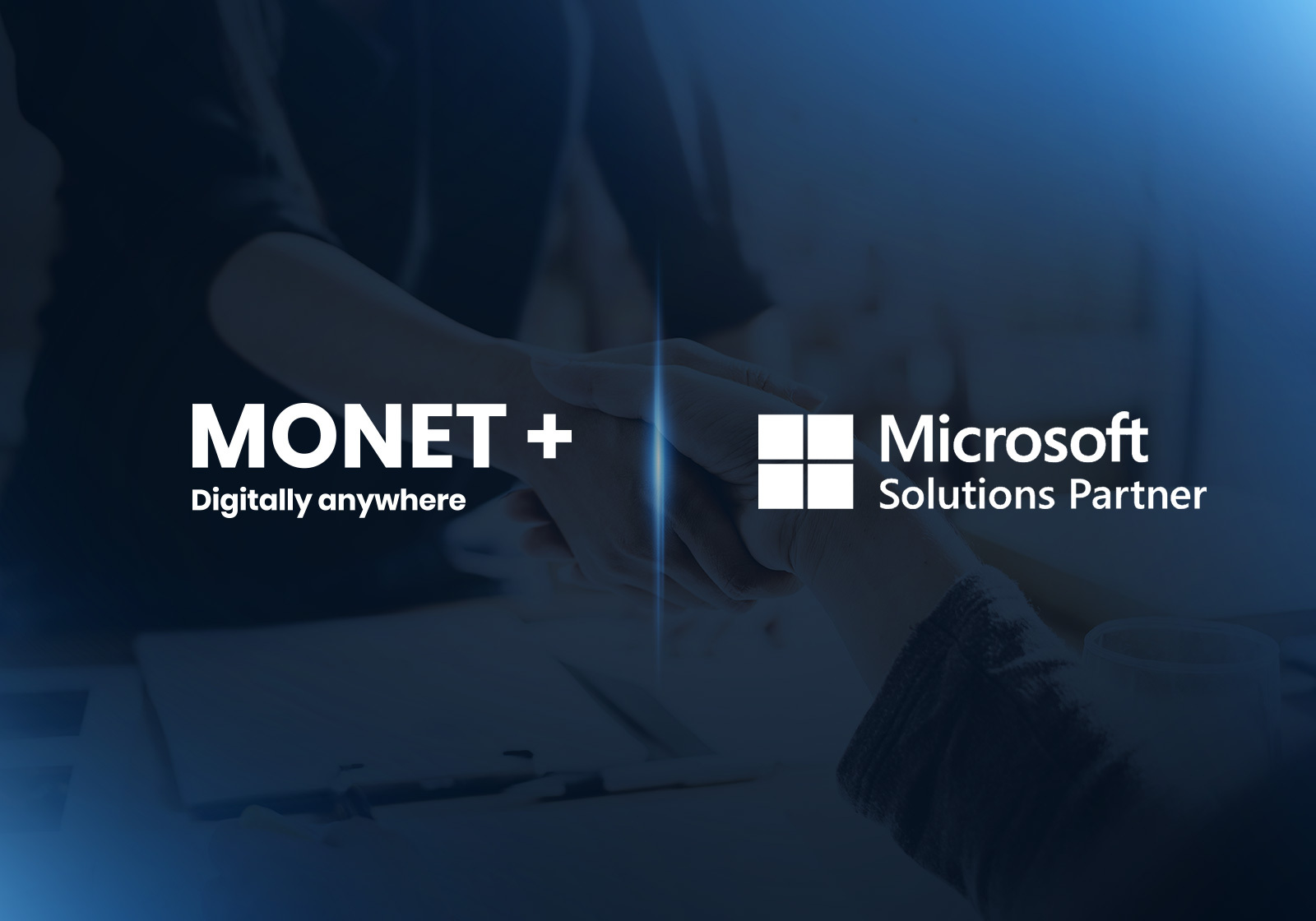Electronic signatures enable modern organizations to sign contracts with full legal validity, accelerate workflows, and enhance data protection. For companies that prioritize security, a qualified electronic signature is an essential tool. It carries the same legal standing as a handwritten signature—an important asset in legal disputes—and allows contracts to be signed remotely with complete confidence.

Our qualified signature solution is fully compliant with the EU’s eIDAS regulation, ensuring the highest standards of security. Signatures are authorized through multi-factor authentication and dynamic verification, adding an extra layer of protection. Cryptographic key security and strict control over the signing key ensure that only authorized individuals can sign documents, making it an ideal solution for handling sensitive or legally binding materials.
Built for Real-World Business Needs
A key strength of our solution lies in its ability to support multiple user roles—from employees and intermediaries to clients or third parties—while remaining fully compliant with legal and regulatory requirements for qualified electronic signatures.
Who Is It For?
Small Businesses and Sole Traders: A simple, cost-effective solution for fast, secure signing using chip cards or USB tokens.
Large Enterprises: Advanced tools for centralized certificate management, integration with internal systems, and signature-as-a-service capabilities that allow secure remote signing from anywhere.
All Organizations:
Can benefit from electronic seals for batch signing or document certification, improving efficiency when handling large volumes of documents.
Types of Electronic Signatures
- Advanced Electronic Signature: Created using a private key and certificate; suitable for internal use within an organization and requires basic setup.
- Recognized Electronic Signature: A simplified form of a qualified certificate, ideal for use outside the organization.
- Qualified Electronic Signature: The highest level of trust and legal standing, fully compliant with eIDAS. Requires certified technology and well-defined processes to ensure credibility and compliance.
Key Benefits of Electronic Signatures
- Instant Accessibility: Documents can be signed and shared anytime, from anywhere—accelerating processes and enabling flexible work.
- Cost Savings: Reduces expenses related to printing, shipping, storage, and document handling.
- Legal Certainty: Modern cryptographic methods protect documents from tampering and ensure legal validity across the EU.
Practical Use Cases
- Convenient Online Signing: Seamlessly sign documents via web or mobile.
- Compliance with eIDAS (Qualified Signature): Legally binding across the EU and recognized in all member states.
- System Integration: Easily integrates with existing corporate IT systems to ensure operational efficiency and minimize manual intervention.


